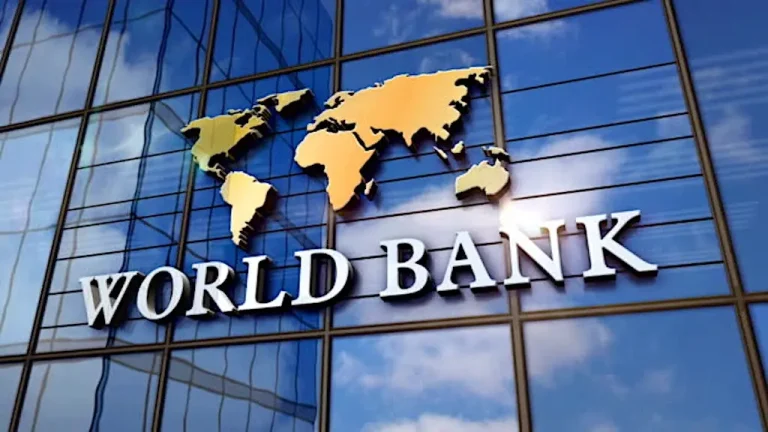
The Nigerian Government has declared that the country must attract at least $100 billion in annual investments if it is to achieve middle-income country status by 2050.
Minister of Budget and National Planning, Atiku Bagudu, made this known yesterday at a policy dialogue on Deepening Legislative-Executive Synergy for Effective Economic Governance in Nigeria, organised by the National Institute for Legislative and Democratic Studies (NILDS) in Abuja.
Bagudu stressed that Agenda 2050 was not an over-ambitious dream but a realistic pathway to prosperity. He explained that President Bola Tinubu’s administration, through the Renewed Hope Agenda, had already begun implementing bold reforms aimed at reversing years of weak fiscal capacity and structural distortions.
He said, “We calculated that to achieve this objective, Nigeria requires at least $100 billion investment per annum from both the private and public sectors. Agenda 2050 is structured into six medium-term plans, beginning with 2021–2025 and moving in five-year phases until 2050.
“As of June 2023, our revenue-to-GDP ratio stood at nine per cent, one of the lowest in the world, compared to the European Union average of 31%. That ratio has now risen to 16% due to recent reforms, but Nigeria is still punching below its weight.”
The minister cautioned that without stronger synergy between the legislature and executive, as well as sustained bold choices, Nigeria risked falling further behind its global peers in economic competitiveness.
Meanwhile, the United Nations (UN) yesterday reported that global innovation funding had slowed to its weakest growth rate since 2010. The decline was attributed to high inflation eroding research and development spending, coupled with a slump in venture capital activity.
In its latest ranking of the world’s most innovative economies, the World Intellectual Property Organisation (WIPO) retained Switzerland at the top for the 15th consecutive year, followed by Sweden and the United States. China climbed one spot to enter the top 10.
Despite stability at the top of the rankings, WIPO warned that the slowdown in global innovation funding posed risks to long-term economic growth worldwide.


